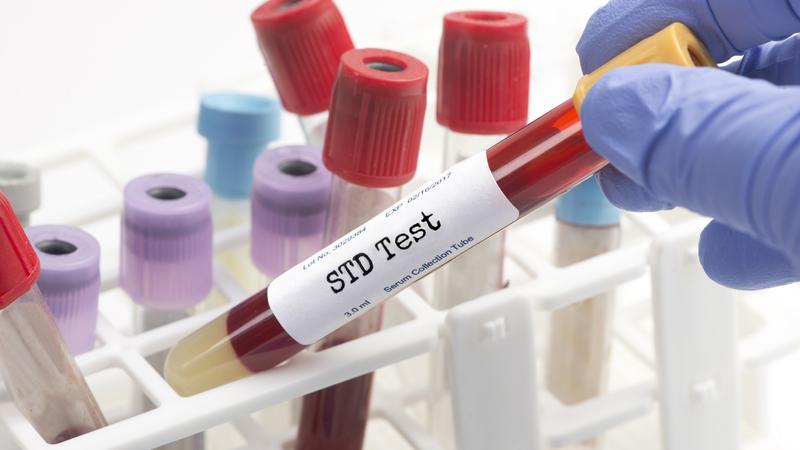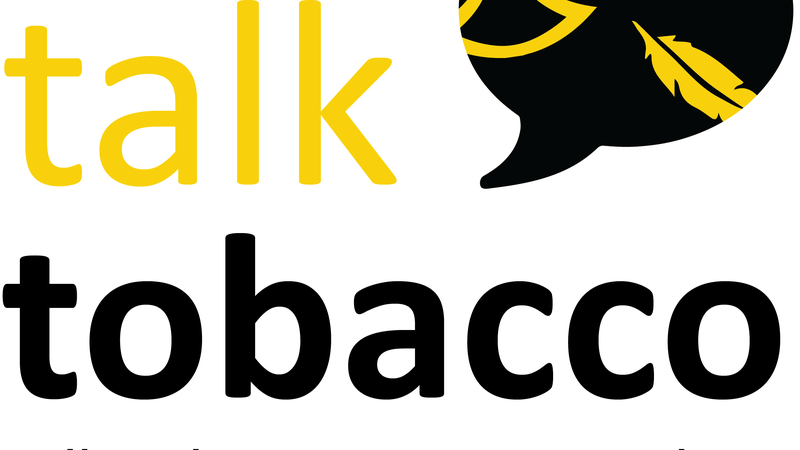
Six infants stillborn in Sask. syphilis outbreak
An increase in syphilis in parts of Saskatchewan has led to the still births of six babies according to the medical officer of health for Indigenous Services in Saskatchewan.
Dr. Ibrahim Khan said on-reserve STI rates have increased alarmingly for people ages 13 to 70 in the last six months, with very serious consequences.
“We also unfortunately had six syphilis-linked deaths among kids, babies and also 19 early congenital syphilis cases from 82 communities in Saskatchewan,” said Khan.
Khan, who can only speak to on-reserve numbers, could not confirm any statistics for what is happening in the remainder of the population. Numbers from Saskatchewan Health were not available prior to publication but previous reports have shown the entire province has disproportionate STI rates.



